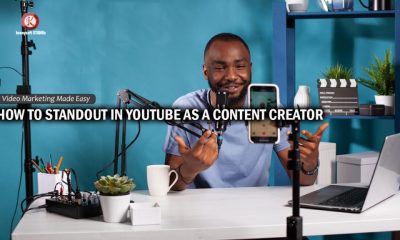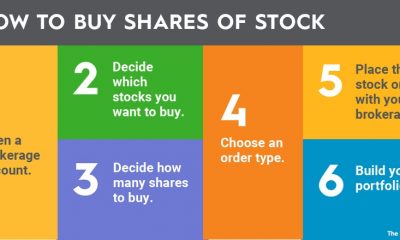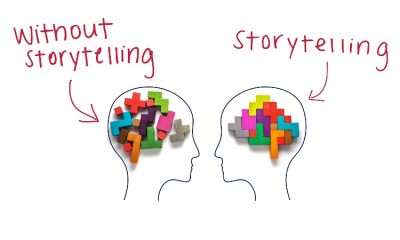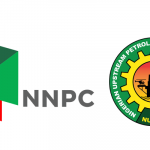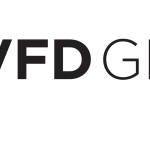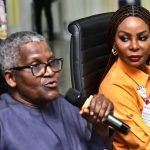Technology
What is NFT and What You Need to Know About it
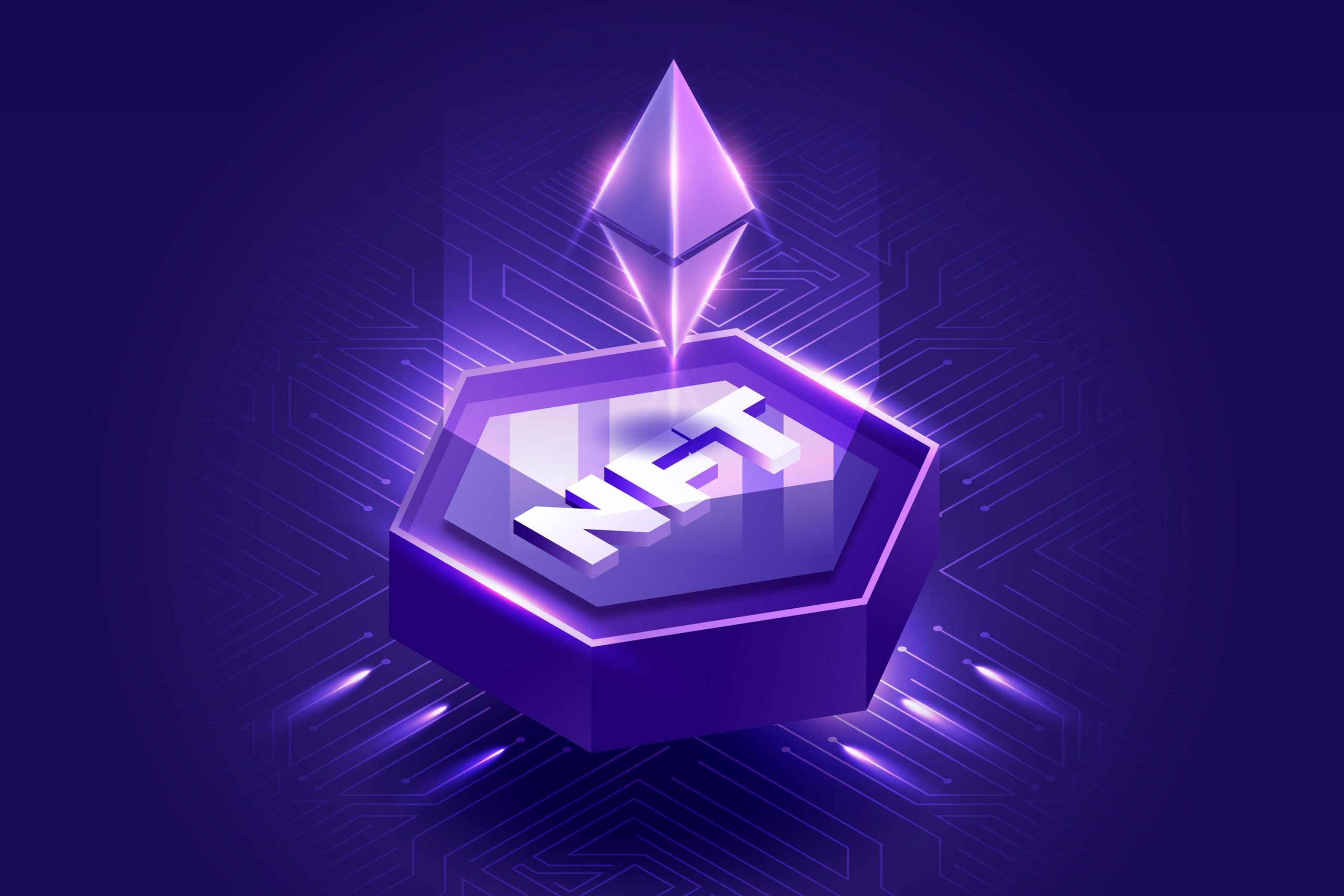
By Kenneth Horsfall
What is an NFT? An NFT is a non-fungible token (NFT), a non-interchangeable unit of data stored on a blockchain, a form of digital ledger that can be sold and traded.
Types of NFT data units may be associated with digital files such as photos, videos, and audio because each token is uniquely identifiable, NFTs differ from blockchain cryptocurrencies, such as Bitcoin.
NFT ledgers claim to provide a public certificate of authenticity or proof of ownership, but the legal rights conveyed by an NFT can be uncertain. NFTs do not restrict the sharing or copying of the underlying digital files, do not necessarily convey the copyright of the digital files, and do not prevent the creation of NFTs with identical associated files.
NFTs have been used as a speculative asset, and they have drawn increasing criticism for the energy cost and carbon footprint associated with validating blockchain transactions as well as their frequent use in art scams and claimed structure of the NFT market to be a Ponzi scheme.
An NFT is a unit of data stored on a digital ledger called a blockchain, which can be sold and traded. The NFT can be associated with a particular digital or physical asset (such as a file or a physical object) and a license to use the asset for a specified purpose. An NFT (and, if applicable, the associated license to use, copy or display the underlying asset) can be traded and sold on digital markets. The extra-legal nature of NFT trading usually results in an informal exchange of ownership over the asset that has no legal basis for enforcement, often conferring little more than use as a status symbol.
How Is an NFT Different from Cryptocurrency?
NFTs function like cryptographic tokens, but, unlike cryptocurrencies such as Bitcoin or Ethereum, NFTs are not mutually interchangeable, hence not fungible.
While all Bitcoins are equal, each NFT may represent a different underlying asset and thus may have a different value. NFTs are created when blockchains string records of cryptographic hash, a set of characters identifying a set of data, onto previous records, therefore, creating a chain of identifiable data blocks.
This cryptographic transaction process ensures the authentication of each digital file by providing a digital signature that is used to track NFT ownership. However, data links that point to details such as where the art is stored can be affected by link rot.
NFTs are different. Each has a digital signature that makes it impossible for NFTs to be exchanged for or equal to one another (hence, non-fungible). One NBA Top Shot clip, for example, is not equal to EVERYDAYS simply because they’re both NFTs. (One NBA Top Shot clip isn’t even necessarily equal to another NBA Top Shot clip, for that matter.)
How Does an NFT Work?
NFTs exist on a blockchain, which is a distributed public ledger that records transactions. You’re probably most familiar with blockchain as the underlying process that makes cryptocurrencies possible.
Specifically, NFTs are typically held on the Ethereum blockchain, although other blockchains support them as well.
An NFT is created or “minted” from digital objects that represent both tangible and intangible items, including:
- Art
- GIFs
- Videos and sports highlights
- Collectibles
- Virtual avatars and video game skins
- Designer sneakers
- Music
Even tweets count. Twitter co-founder Jack Dorsey sold his first-ever tweet as an NFT for more than $2.9 million.
Essentially, NFTs are like physical collector’s items, only digital. So instead of getting an actual oil painting to hang on the wall, the buyer gets a digital file instead.
They also get exclusive ownership rights. That’s right: NFTs can have only one owner at a time. NFTs’ unique data makes it easy to verify their ownership and transfer tokens between owners. The owner or creator can also store specific information inside them. For instance, artists can sign their artwork by including their signature in an NFT’s metadata.
Early History of NFT (2014–2017)
The first known “NFT”, Quantum, was created by Kevin McCoy and Anil Dash in May 2014, consisting of a video clip made by McCoy’s wife, Jennifer. McCoy registered the video on the Namecoin blockchain and sold it to Dash for $4, during a live presentation for the Seven on Seven conference at the New Museum in New York City. McCoy and Dash referred to the technology as “monetized graphics”.
A non-fungible, tradable blockchain marker was explicitly linked to a work of art, via on-chain metadata (enabled by Namecoin). This is in contrast to the multi-unit, fungible, metadata-less “coloured coins” of other blockchains and Counterparty.
In October 2015, the first NFT project, Etheria, was launched and demonstrated at DEVCON 1 in London, Ethereum’s first developer conference, three months after the launch of the Ethereum blockchain. Most of Etheria’s 457 purchasable and tradable hexagonal tiles went unsold for more than five years until March 13, 2021, when renewed interest in NFTs sparked a buying frenzy. Within 24 hours, all tiles of the current version and a prior version, each hardcoded to 1 ETH ($0.43 at the time of launch), were sold for a total of $1.4 million.
The term “NFT” only gained currency with the ERC-721 standard, first proposed in 2017 via the Ethereum GitHub, following the launch of various NFT projects that year. The standard coincided with the launch of several NFT projects, including Curio Cards, CryptoPunks (a project to trade unique cartoon characters, released by the American studio Larva Labs on the Ethereum blockchain) and rare Pepe trading cards.
Increased Public Awareness of NTF (2017–Present)
The 2017 online game CryptoKitties was monetized by selling tradable cat NFTs, and its success brought some public attention to NFTs.
The NFT market experienced rapid growth during 2020, with its value tripling to $250 million. In the first three months of 2021, more than $200 million were spent on NFTs.
In the early months of 2021, interest in NFTs increased after a number of high-profile sales and art auctions.
Copyright of NFT
Ownership of an NFT does not inherently grant copyright or intellectual property rights to the digital asset a token represents. While someone may sell an NFT representing their work, the buyer will not necessarily receive copyright privileges when ownership of the NFT is changed and so the original owner is allowed to create more NFTs of the same work. In that sense, an NFT is merely proof of ownership that is separate from copyright.
According to legal scholar Rebecca Tushnet, “In one sense, the purchaser acquires whatever the art world thinks they have acquired. They definitely do not own the copyright to the underlying work unless it is explicitly transferred.”
To be continued…
My name is Kenneth Horsfall and I’m the creative director and founder of K.S. Kennysoft Studios Production Ltd, fondly called Kennysoft STUDIOs, a Nigerian Video and Animation Production Studio. I am also the founder and lead instructor at Kennysoft Film Academy and can be reached via [email protected]
Technology
Nigerian AI Startup Decide Ranks Fourth Globally for Spreadsheet Accuracy

By Adedapo Adesanya
Nigerian startup, Decide, has emerged as the fourth most accurate Artificial Intelligence (AI) agent for spreadsheet tasks globally, according to results from SpreadsheetBench, a widely referenced benchmark for evaluating AI performance on real-world spreadsheet problems.
According to the founder, Mr Abiodun Adetona, the ranking places Decide alongside well-funded global AI startups, including Microsoft, OpenAI, and Anthropic.
Mr Adetona, an ex-Flutterwave developer, also revealed that Decide now has over 3,000 users, including some who are paying customers, a signal to the ability of the startup to scale in the near future.
SpreadsheetBench is a comprehensive evaluation framework designed to push Large Language Models (LLMs) to their limits in understanding and manipulating spreadsheet data. While many benchmarks focus on simple table QA, SpreadsheetBench treats a spreadsheet as a complex ecosystem involving spatial layouts, formulas, and multi-step reasoning. So far, only three agents rank higher than Decide, namely Nobie Agent, Shortcut.ai, and Qingqiu Agent.
Mr Adetona said SpreadsheetBench measures how well AI agents can handle practical spreadsheet tasks such as writing formulas, cleaning messy data, working across multiple sheets, and reasoning through complex Excel workflows. Decide recorded an 82.5% accuracy score, solving 330 out of 400 verified tasks.
“The result reflects sustained investment in applied research, product iteration, and learning from real-world spreadsheet workloads across a wide range of use cases,” Mr Adetona told Business Post.
For Mr Adetona, who built Decide out of frustration with how much time professionals spend manually cleaning data, debugging formulas, and moving between sheets, “This milestone highlights how focused engineering and domain-specific AI development can deliver frontier-level performance outside of large research organisations. By concentrating on practical business data problems and building systems grounded in real user environments, we believe smaller teams can contribute meaningfully to advancing applied AI.”
“For Decide, this is a foundation for continued progress in intelligent spreadsheet and analytics automation,” he added.
Technology
Identy.io Announces Strategic Expansion into Nigeria, Kenya
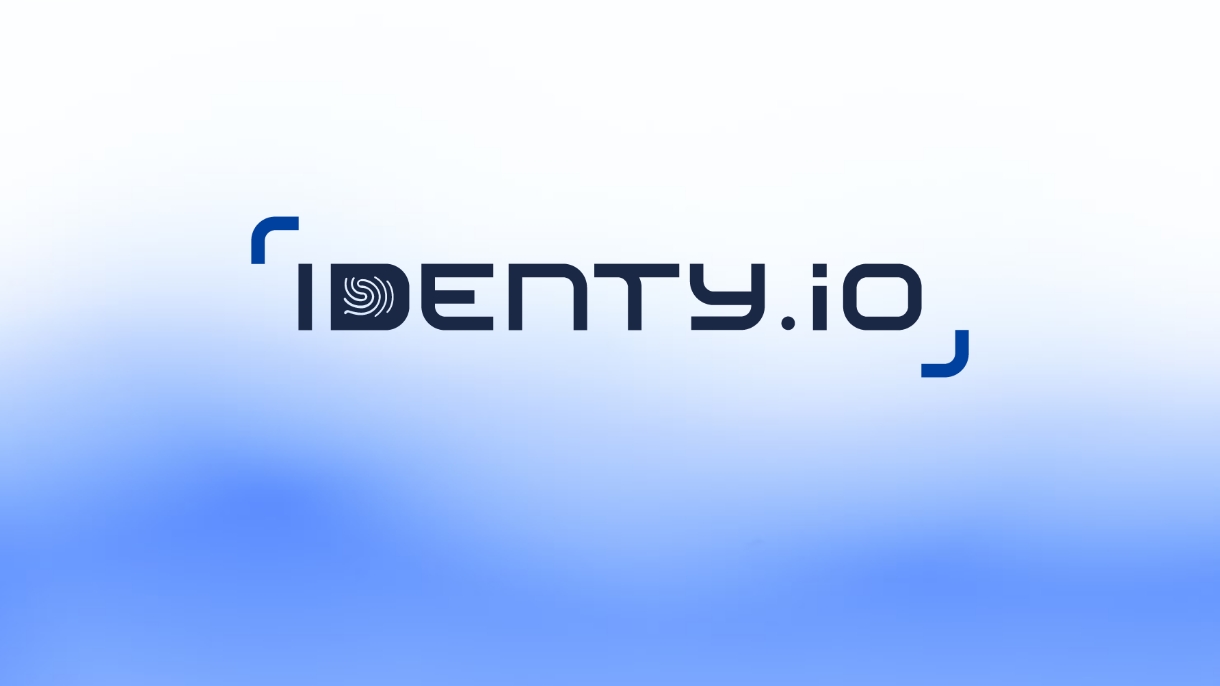
By Adedapo Adesanya
A global biometric authentication technology company specialising in secure, mobile-first identity verification, Identy.io, has announced its expansion plans into Africa with a pilot focus on Nigeria and Kenya.
The firm disclosed in a statement that it has appointed a regional leadership team to engage with key stakeholders across the government, financial services, telecommunications, and other regulated sectors in both countries.
These include Mr Olajide Olasiyan-Ola as Regional Head for West Africa, Mr Edwin Mutisya as the Senior Sales Manager, and Mr Matus Kapusta as the Product Director for Identy.io’s Automated Biometric Identification System (ABIS) product portfolios.
Amid the need for effective identity solutions becoming increasingly urgent, countries like Kenya and Nigeria are making significant investments in public digital infrastructure by integrating identity systems with public services, financial access, and mobile connectivity as part of their broader economic development agendas. This is helping to implement national digital identity systems to improve service delivery, promote financial inclusion, and develop digital public infrastructure.
The World Bank’s ID4D data indicates that approximately 80 per cent of adults in Sub-Saharan Africa possess basic identification. However, there are significant disparities between countries, with many having coverage below 70 per cent. These gaps hinder access to essential services and economic opportunities.
With Identy.io coming into the fold, its regional leadership team will collaborate with clients across the public and private sectors to support responsible, scalable identity implementations aligned with national digital transformation priorities.
After Nigeria and Kenya, the firm plans to expand into additional African markets as part of a phased regional growth strategy.
According to Mr Antony Vendhan, Co-founder of Identy.io, “We are transforming the traditional industry model, which often relies on expensive and inflexible digital infrastructure. Instead, Identy.io adopts a software-first approach, minimising reliance on specialised biometric hardware. Our technology supports biometric capture using standard smartphones, processes identity documents, issues digital identities to individuals lacking formal identification, and facilitates large-scale biometric verification and deduplication.”0
“This innovative yet simplified approach allows our clients to reach underserved communities by providing individuals with multimodal access to secure their digital identities and explore new economic opportunities,” he stated.
As part of Identy.io’s industry validation strategy, the company’s ABIS system has completed MOSIP’s partner compliance process and is listed on the MOSIP Marketplace. This platform offers compliant technologies that governments and ecosystem partners can evaluate for MOSIP-aligned deployments. MOSIP helps governments conceive, develop, implement, and own foundational digital ID systems tailored to their unique needs.
Technology
ZeroDrift Receives $2m in Pre-Seed Capital for AI-driven Tools
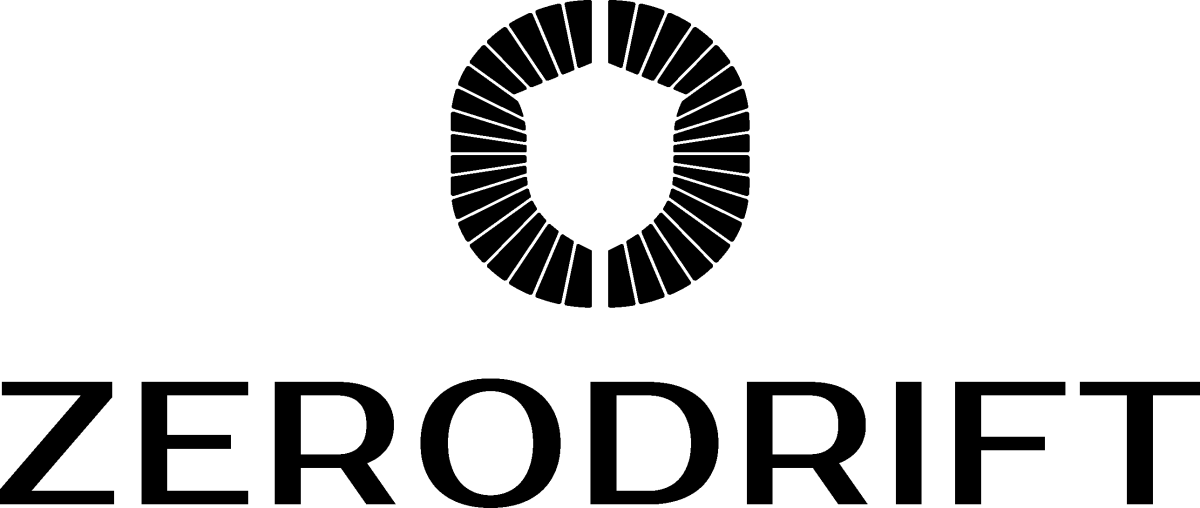
By Dipo Olowookere
A $2 million pre-seed round to automate compliance in real time, unlocking business velocity while giving compliance teams infrastructure to scale oversight has been received by ZeroDrift.
The fresh capital was pumped into the firm by a16z speedrun. It is to support the company’s go-to-market launch, product expansion across communication channels, and continued development of its AI-driven compliance engine.
The organisation plans to deepen its coverage across financial services before expanding its rule-based compliance engine into other regulated sectors, including insurance, healthcare, ESG disclosures, and AI governance.
The long-term vision is to become the universal trust layer for any system that communicates, ensuring that as AI and automation scale, trust, safety, and compliance scale with them.
ZeroDrift is an AI-native communication firewall that validates and fixes content before it is sent, giving compliance teams control at scale and business teams the speed to execute.
The platform encodes SEC, FINRA, and firm-specific policies into machine-readable rulepacks, then enforces them at the point of creation.
ZeroDrift integrates directly into tools teams already use, including email, browsers, CRMs, websites, social platforms, and AI systems.
Content is checked instantly, issues are flagged with suggested fixes, and compliant messages move forward without delay. Compliance teams retain full visibility through centralised dashboards, audit trails, and exam-ready evidence generated automatically.
ZeroDrift is launching initially in financial services, serving registered investment advisors, asset managers, broker-dealers, and wealth platforms.
The market includes more than 15,000 RIAs, 3,500 asset managers, and hundreds of thousands of registered representatives in the United States alone.
Early use cases include faster campaign launches, higher sales velocity, safe deployment of client-facing AI, and instant exam readiness without last-minute scrambles.
“People do not want to be non-compliant. They have no way to know if what they are writing is acceptable until it is too late.
“Compliance should be a guardrail that lets teams move faster, not a gate that slows everything down. Our goal is to make compliance happen automatically at the speed of work,” the chief executive of ZeroDrift, Kumesh Aroomoogan, said.
A representative of a16z speedrun, Troy Kirwin, said, “Compliance has quietly become a limiting factor for how fast regulated companies can operate. ZeroDrift flips that dynamic by preventing violations before they happen and making compliance a built-in part of everyday workflows.”
-

 Feature/OPED6 years ago
Feature/OPED6 years agoDavos was Different this year
-
Travel/Tourism10 years ago
Lagos Seals Western Lodge Hotel In Ikorodu
-

 Showbiz3 years ago
Showbiz3 years agoEstranged Lover Releases Videos of Empress Njamah Bathing
-

 Banking8 years ago
Banking8 years agoSort Codes of GTBank Branches in Nigeria
-

 Economy3 years ago
Economy3 years agoSubsidy Removal: CNG at N130 Per Litre Cheaper Than Petrol—IPMAN
-

 Banking3 years ago
Banking3 years agoSort Codes of UBA Branches in Nigeria
-

 Banking3 years ago
Banking3 years agoFirst Bank Announces Planned Downtime
-

 Sports3 years ago
Sports3 years agoHighest Paid Nigerian Footballer – How Much Do Nigerian Footballers Earn



